Discriminations by AC Grayling
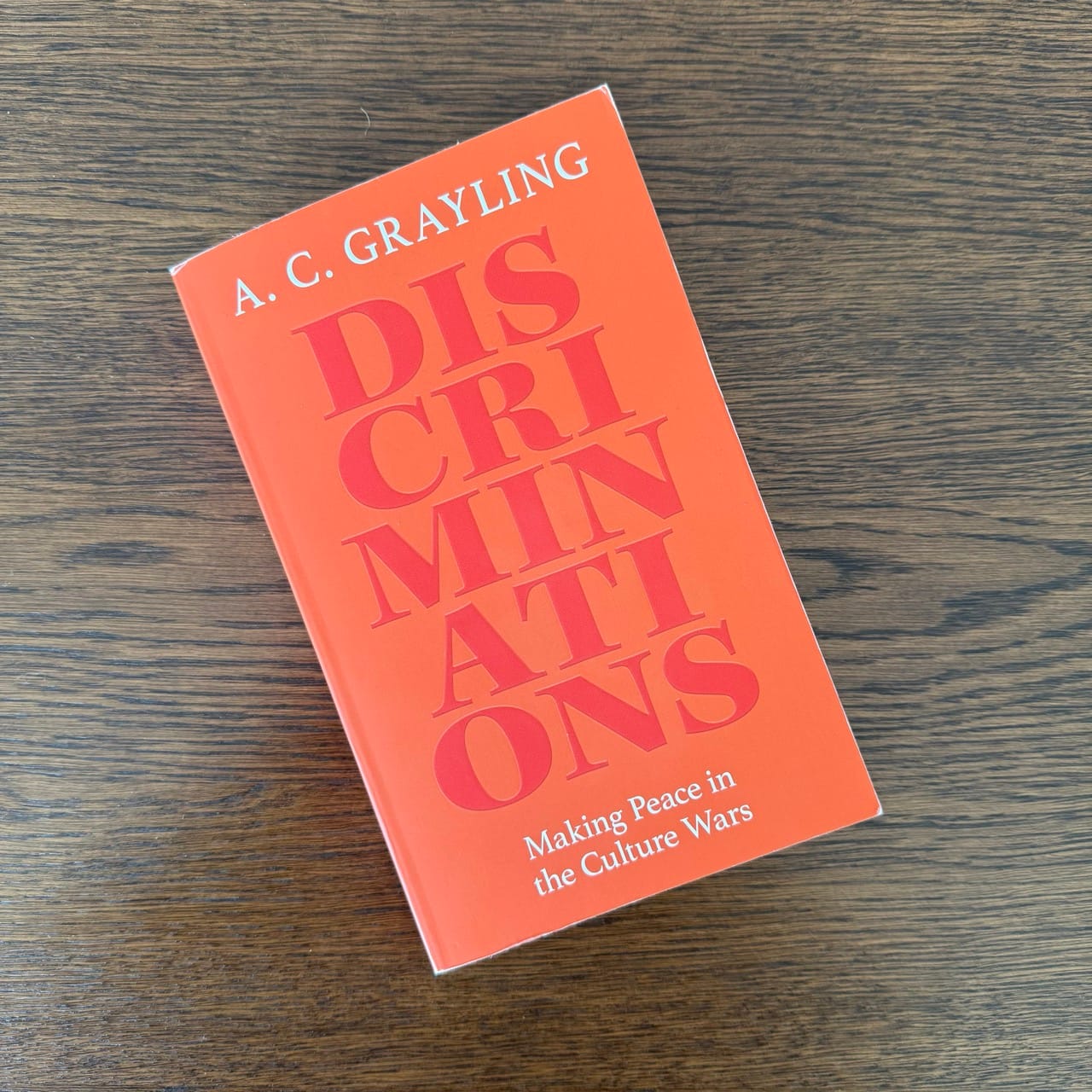
I read A.C. Graylings Discriminations as a companion book to Ash Sarkars - Minority Rules. I was looking for a more academic, and slightly less personal view of the Culture Wars discussion. By reading both, I think I have found a balance that I am comfortable with.
I'll compare the two books later.
Discriminations is a collection of essays that takes a slightly more academic and historical view of the contributing factors to culture wars. In this spirit the essays urge us to apply intellectual rigour to everything from free speech to war, education, and the purpose of philosophy itself.
Written over decades and re-edited for this collection, the book showcases Grayling’s range as a public philosopher. He moves between abstract ethical dilemmas and real-world events, often linking the two. I got the sense that the author is disappointed in the lack of critical thinking applied in modern life.
This book took me a while to read, at home and whilst traveling. I spent a fair amount of time looking up words and finding explanations of latin words and phrases. However the book is rigorous and thorough, and I felt I learned a lot as I went.
Key Themes
1. Moral Philosophy in Everyday Life
Grayling’s central concern is how to live a good life in a complex world. He returns to questions of individual responsibility and civic duty. What does it mean to be a citizen rather than a subject? How should we treat others in a pluralistic society? What rights do we hold, and what duties do we owe?
In “The Ethics of Belief,” for instance, Grayling argues that holding unjustified beliefs isn’t just a private failing, it’s a public danger. When citizens believe nonsense, democracies suffer, we can see this happening in real time.
2. Freedom of Expression and Its Limits
Several of the chapters take on the ever-contentious topic of free speech. Grayling defends it strongly, but not unconditionally.
He draws careful lines between unpopular ideas (which deserve protection) and incitement or hate speech (which do not). His position is best summed up in a repeated idea: “You have the right to speak; others have the right to disagree.”
3. War, Human Rights, and Global Justice
Some of the strongest essays in the collection are those written in response to global events. Grayling reflects on Iraq, Guantánamo Bay, and humanitarian interventions. He examines the failures of Western governments with clarity. His essay on torture is a standout: calm, devastating, and entirely grounded in liberal principles.
These essays also show a deep humanism. He argues that rights are universal, not Western. He makes the case that we must judge actions, not only by cultural context, but by moral standards that apply across borders.
4. Education, Reason and the Life of the Mind
Grayling is passionate about education, not just as a tool for job-readiness but as the bedrock of democracy. He writes about the value of critical thinking and philosophy. “We teach young people how to pass exams, but not how to live.”
He reserves particular criticism for political interference in universities and curriculum design. In one essay, he calls for a renewed focus on humanities and ethics, arguing that current education focus alone cannot prepare us for the moral decisions we face in public and private life.
Comparing Discriminations & Minority Rule
Throughout this book, I was comparing against Ash Sarkars - Minority Rule which I read (and reviewed) earlier this year. I made some notes as I was reading Discriminations on the difference between the two approaches to the same subject.
As Grayling brings calm, Ash Sarkar brings heat.
Minority Rule explores many of the same questions—freedom, justice, identity—but from a different angle. Where Grayling speaks from the liberal centre, Sarkar writes from the radical left.
Sarkar focuses on the lived experience of marginalised groups in Britain. She critiques the systems that uphold inequality: policing, media, borders. The tone of Minority Rule is urgent, sometimes angry, always personal. Grayling speaks in more general principles, Sarkar speaks from the margins.
Both writers value clarity and truth, but their audiences differ. Grayling appeals to a more rational citizen. Sarkar speaks to the disillusioned, the unheard, the politicised minority. She demands structural change. Grayling hopes for better reasoning within the system.
They disagree on method—but not on the need for moral clarity. Reading them side by side is powerful. One offers a map of how we got here. The other lights a match.

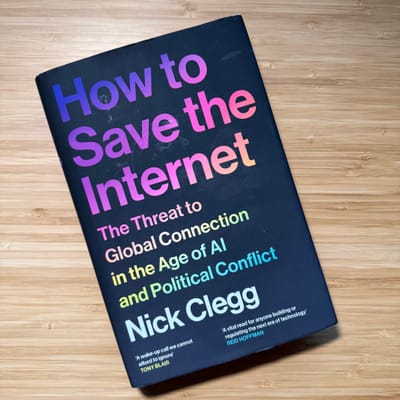

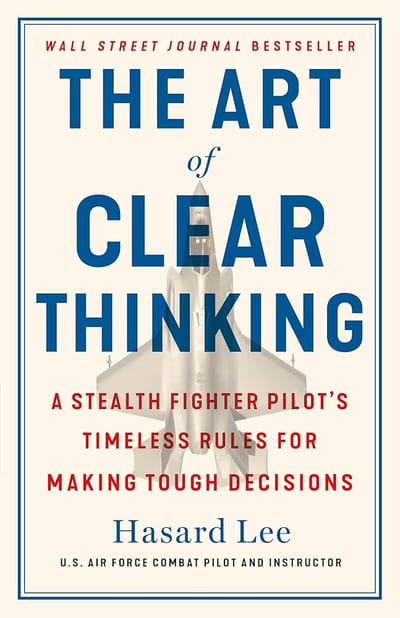
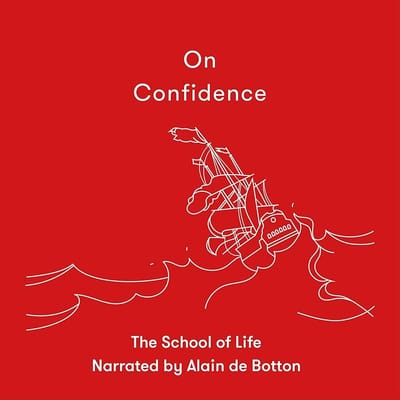
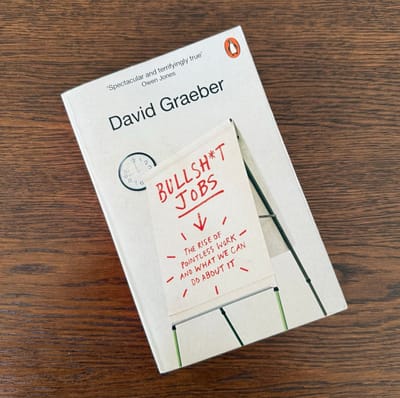

Member discussion